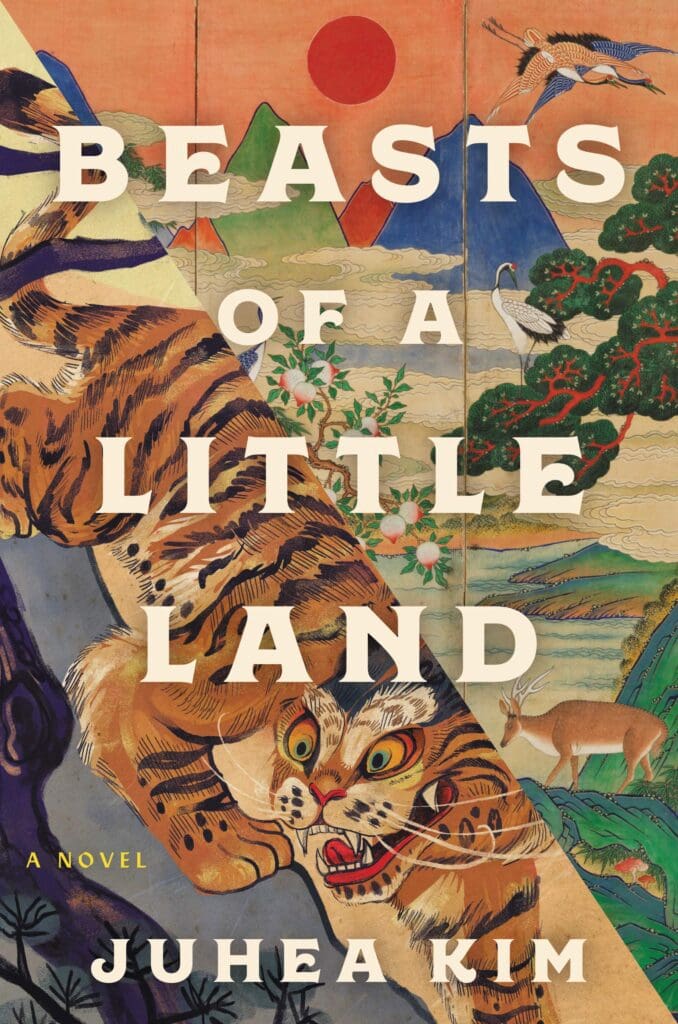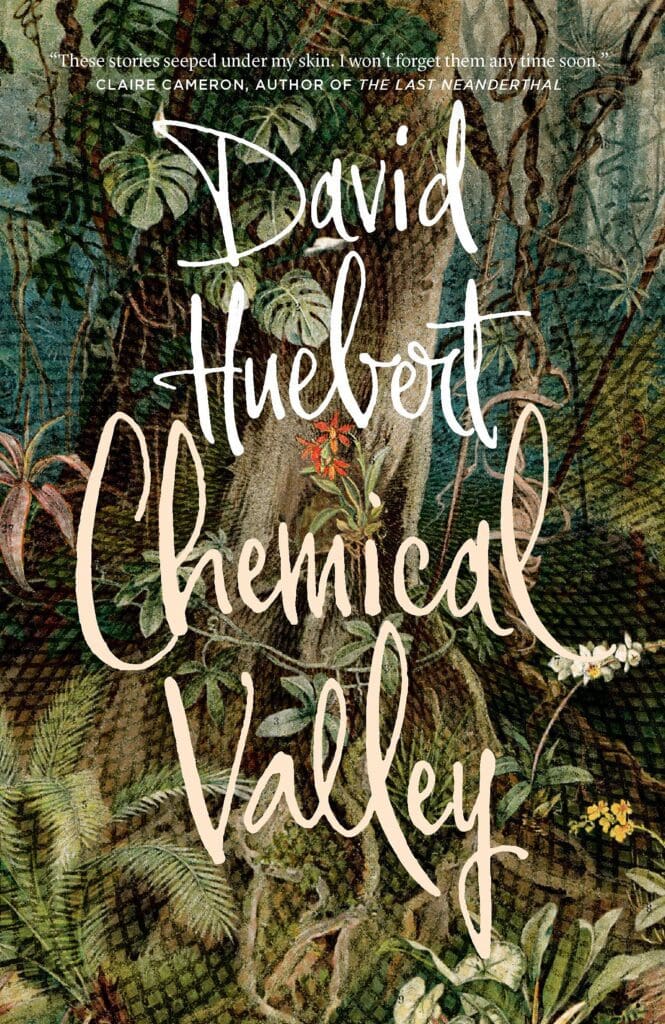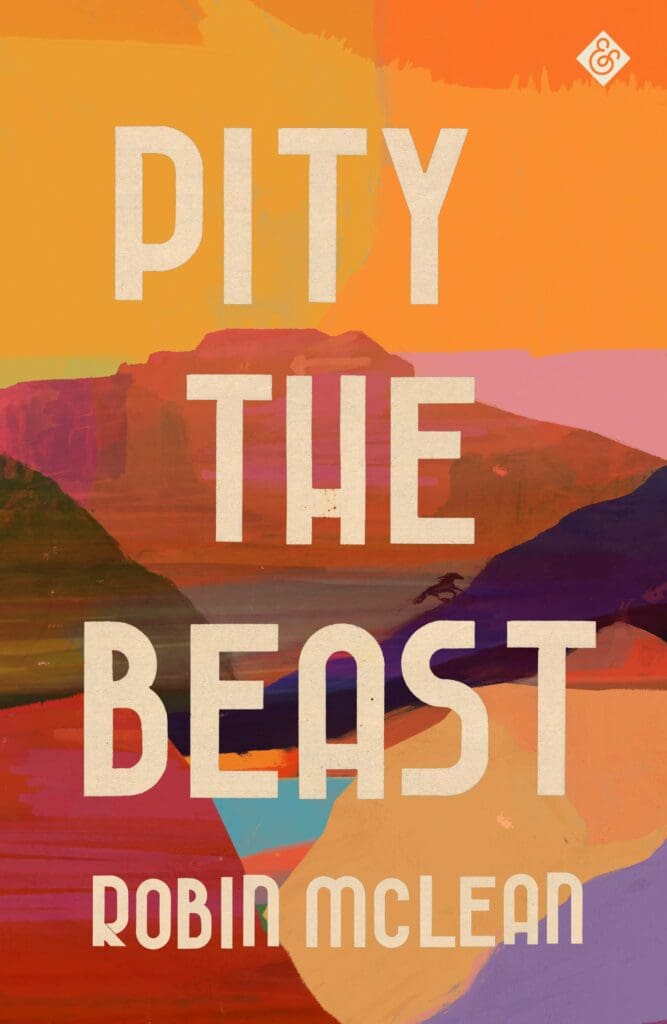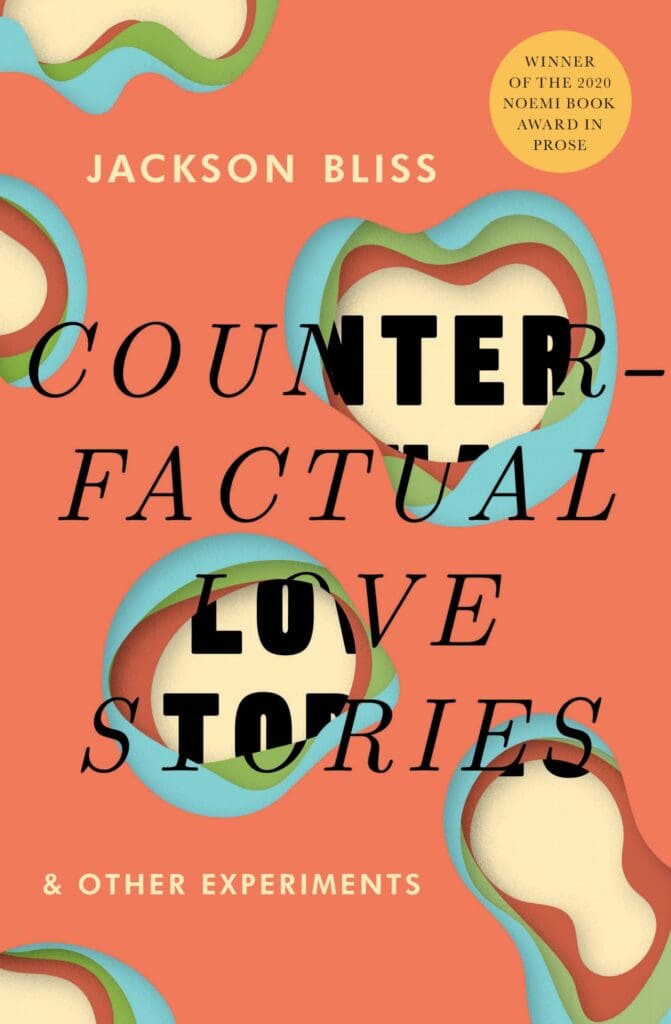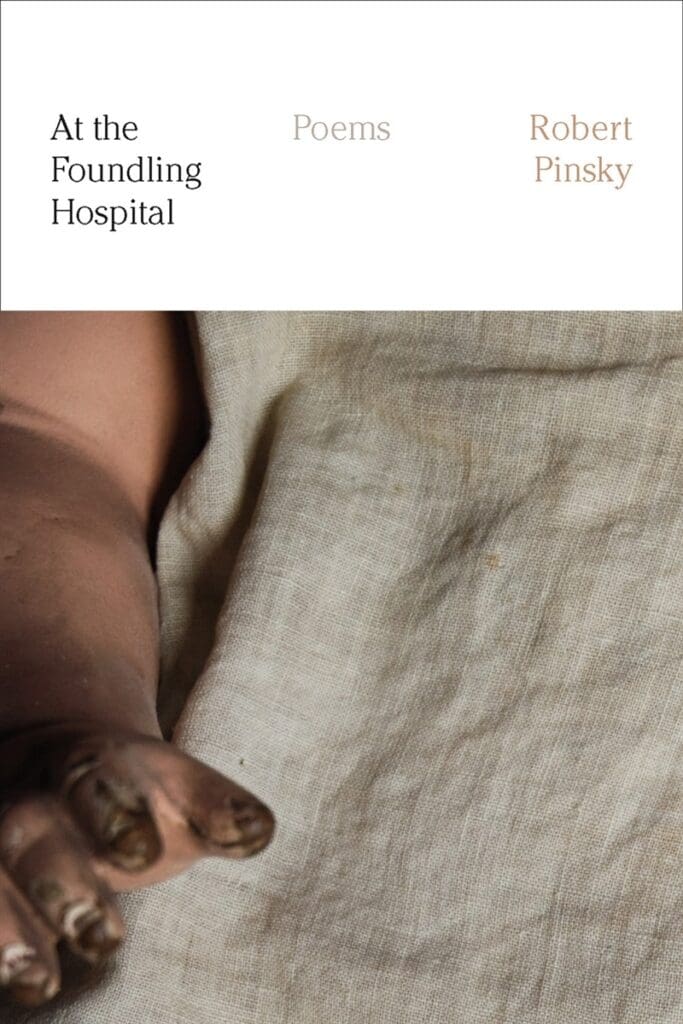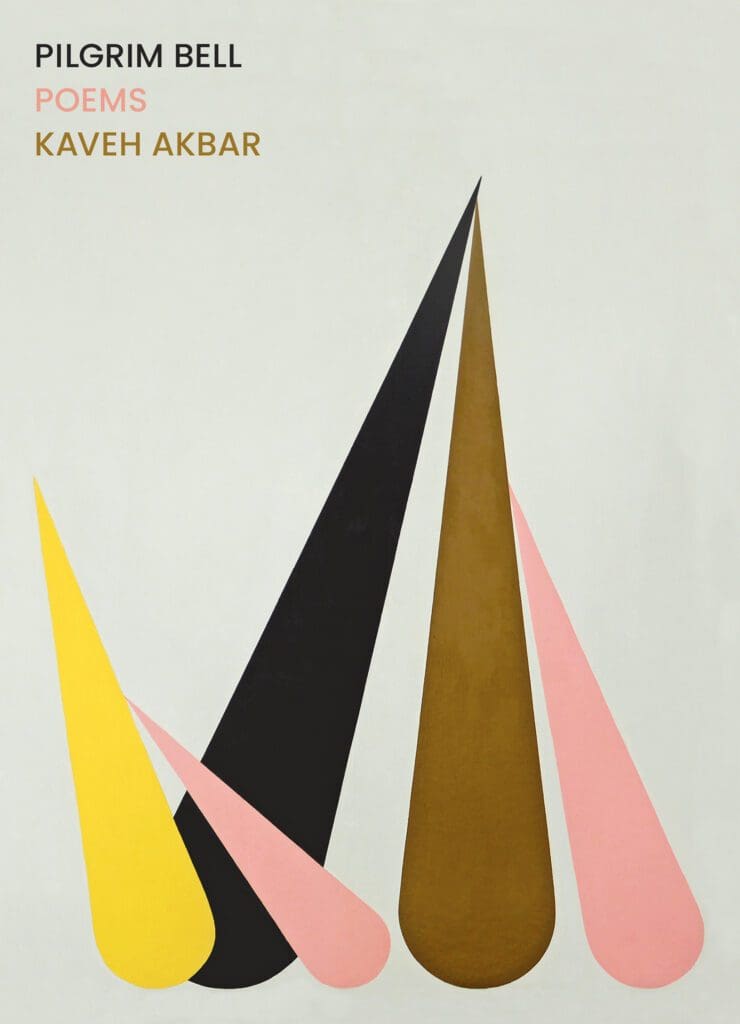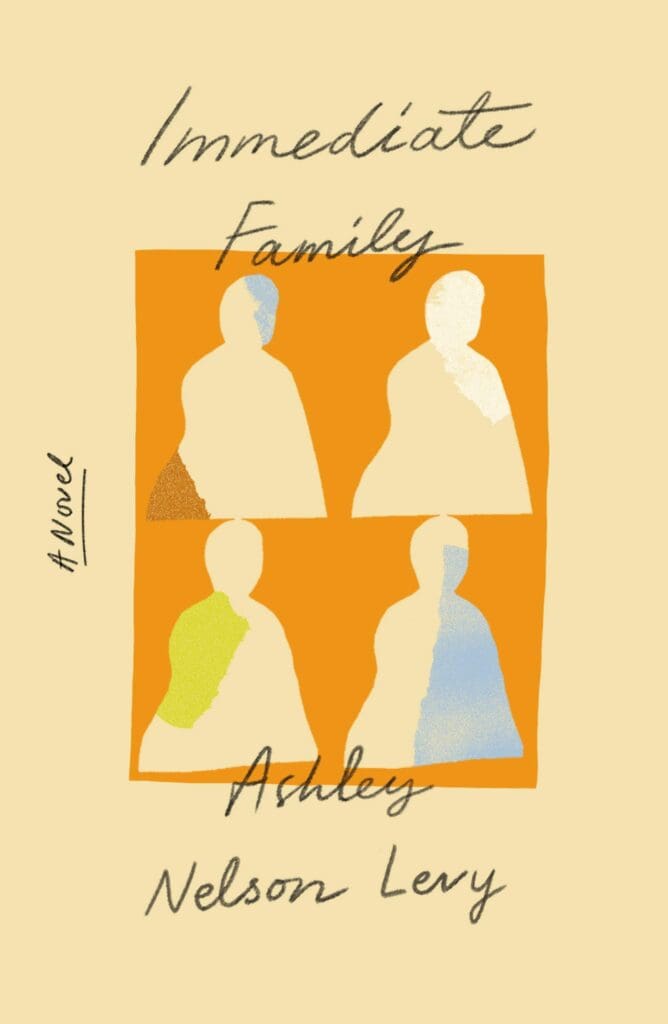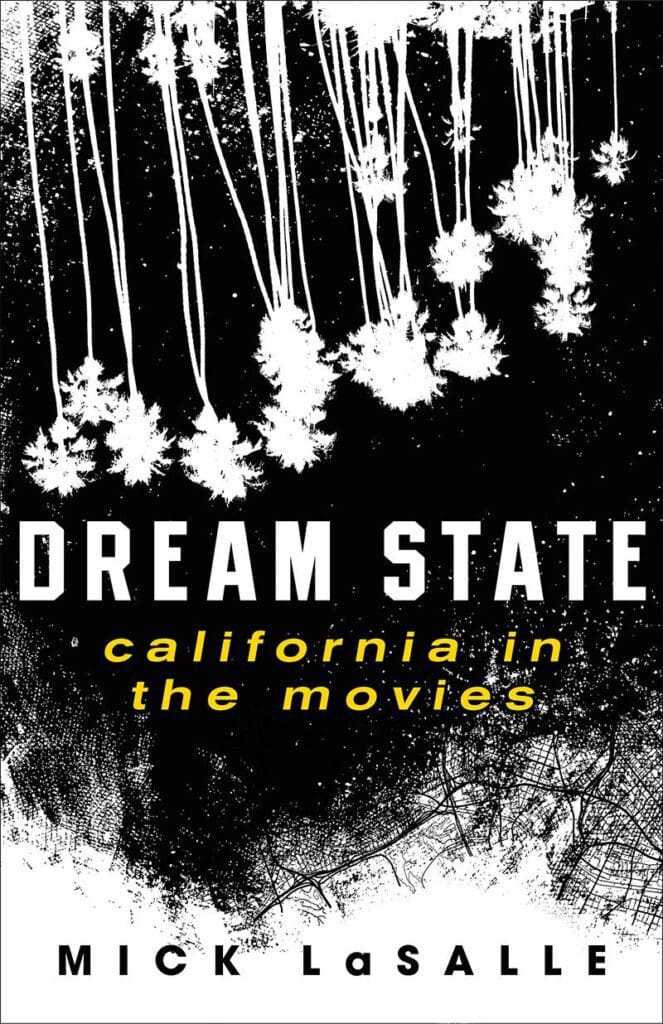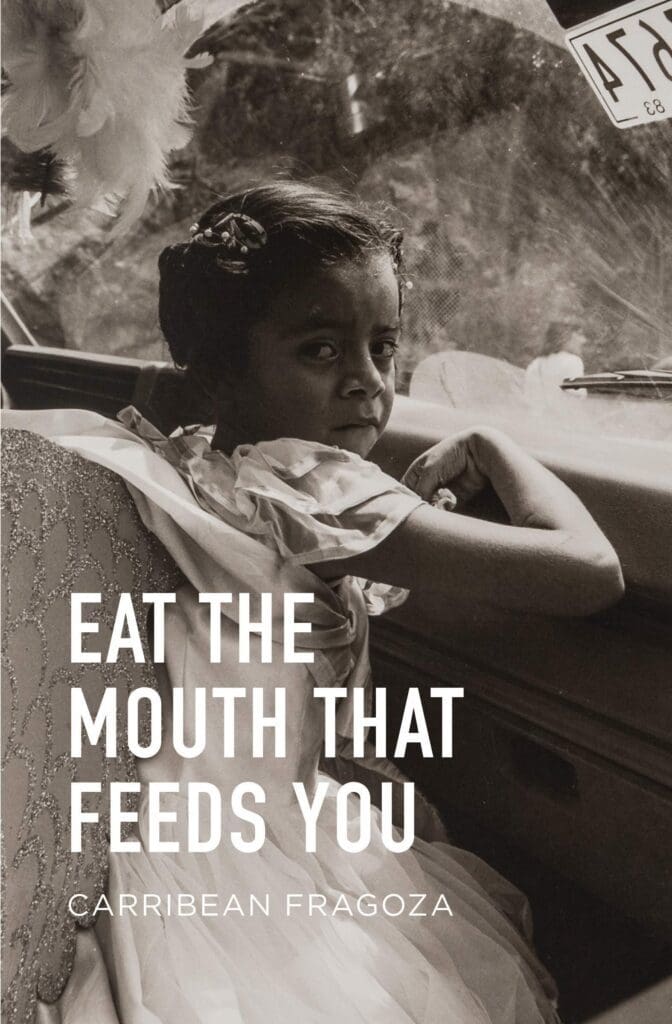Juhea Kim’s first novel, Beasts of a Little Land (416 pages; Ecco), is an epic tale of occupied Korea that spans nearly five decades. Beginning in 1971, the highly ambitious narrative delves into Korean history and mythology and grapples with the dilemma of seeking meaning in a perilous world. Kim was born in Incheon, Korea , and moved to Portland, Oregon, when she was nine. She is a climate advocate, and her story “Biodome” appeared in ZYZZYVA Issue 120. She recently spoke to ZYZZYVA over Zoom about her new novel, writing compassionately, and suffering for love. The interview has been edited […]
Q&A with Juhea Kim: ‘Beasts of a Little Land’ & Suffering in the Name of Love
by Shelby Hinte
